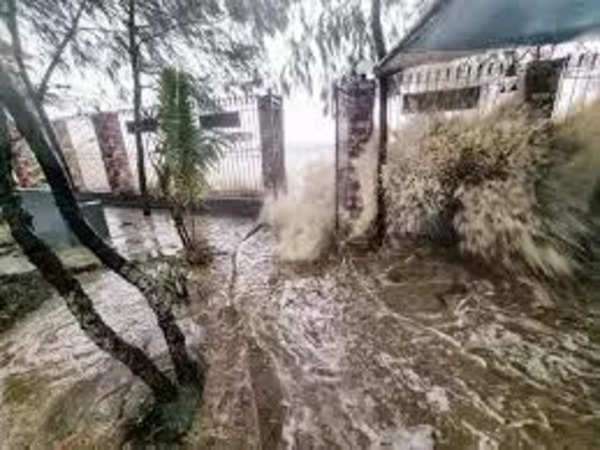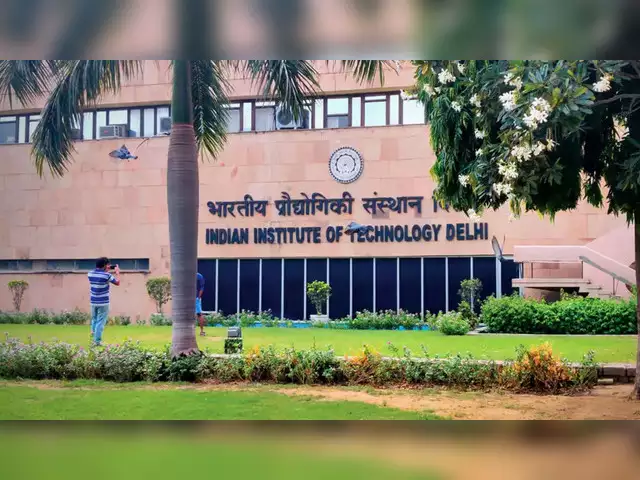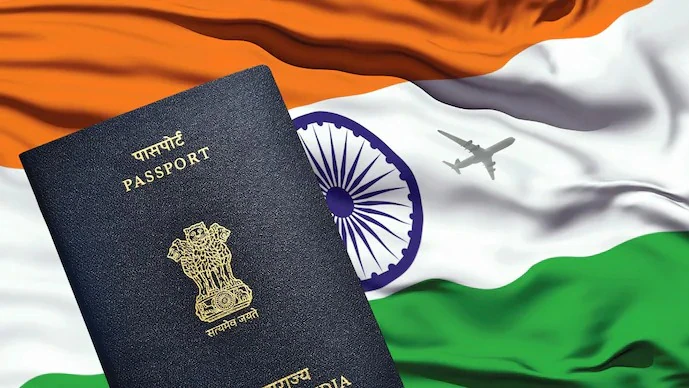The research team studied the period from 1951 to 2020 to quantify India’s risk of sequential extremes
New Delhi: The frequency of extreme weather conditions such as floods and heat waves is projected to rise many times over in India in the future due to climate change, according to a study by researchers at the Indian Institute of Technology, Gandhinagar.
The research team studied the period from 1951 to 2020 to quantify India’s risk of sequential extremes – heat waves in the summer and extreme rain during the monsoon season across the same regions.
One of the examples of sequential extremes is the heat wave and flood in Pakistan this year that affected millions. Similar extremes occur in India with subbbstantial implications for agricultural production, public health, and infrastructure, the researchers said.
The study, published in the One Earth journal on Friday, November 18, found that the risk will increase significantly under the warming climate and variability in the El Nino-Southern Oscillation (ENSO) — a recurring climate pattern involving changes in the temperature of waters in the central and eastern tropical Pacific Ocean.
“The frequency of sequential extremes is projected to rise manifold in the future due to climate change,” Vimal Mishra, Professor, Civil Engineering and Earth Sciences, IIT Gandhinagar in Gujarat, told PTI.
“The fraction of the total population and urban area exposed to sequential extremes will increase rapidly if the global mean temperature rises above 1.5 degrees Celsius from the pre-industrial level,” Mishra said.
The researchers noted that climate mitigation and reduction in vulnerability could help in reducing the risk.
The study highlighted that mega-heat waves occurred during the summer of 1995 and 1998, with 20 per cent and 8 per cent of the country being affected by sequential extremes.
The study also found that the fraction of the total population and urban area exposed to sequential extremes will increase rapidly if the global mean temperature rises above 1.5 degrees Celsius from the pre-industrial level.
The heat wave duration is projected to increase from, on average, 3 days in the current climate (1981–2010) to 11 days by the end of the 21st century (2071–2100) under lowest emission scenario, the researchers said.
*********************************************************************
Readers
These are extraordinary times. All of us have to rely on high-impact, trustworthy journalism. And this is especially true of the Indian Diaspora. Members of the Indian community overseas cannot be fed with inaccurate news.
Pravasi Samwad is a venture that has no shareholders. It is the result of an impassioned initiative of a handful of Indian journalists spread around the world. We have taken the small step forward with the pledge to provide news with accuracy, free from political and commercial influence. Our aim is to keep you, our readers, informed about developments at ‘home’ and across the world that affect you.
Please help us to keep our journalism independent and free.
In these difficult times, to run a news website requires finances. While every contribution, big or small, will makes a difference, we request our readers to put us in touch with advertisers worldwide. It will be a great help.
For more information: pravasisamwad00@gmail.com











